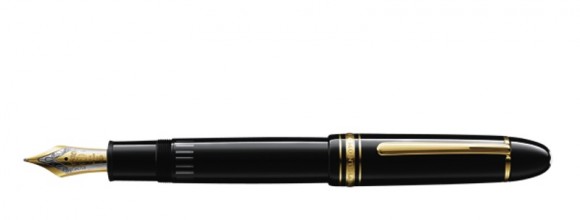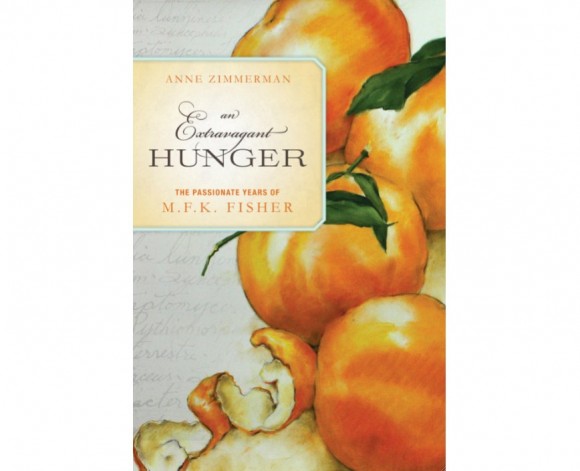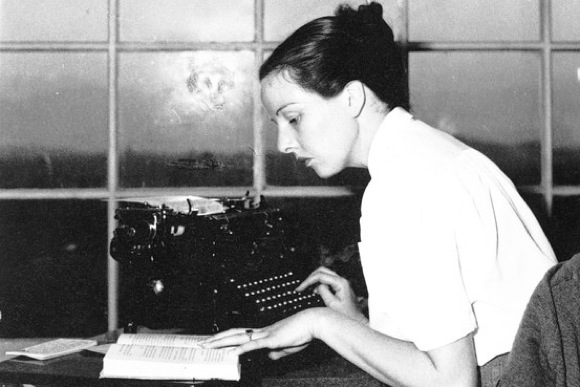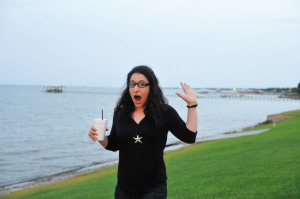Killing The Reviewer?

Some musings, this afternoon, on the ethics of food blogging.
Dianne Jacob, author of “Will Write For Food” (the book anyone interested in food writing should own), posted a piece this week entitled “5 Ways Bloggers Changed Restaurant Reviewing“. In the wake of Sam Sifton stepping down from his post as reviewer at the NYTimes, she observes a shift in restaurant/reviewer dynamics (both positive and negative) that she attributes to food bloggers. What are food bloggers doing differently?
According to Dianne: “Food bloggers don’t wait to review. Restaurants have opening events for bloggers. Bloggers are more likely to cover an event than to review the food. Blog write-ups are more positive than print reviews. Bloggers celebrate all kinds of restaurants, not just fine dining.”
Before I comment, I want to say that Dianne’s posts are always thought provoking. Usually I agree with her, but even when I don’t I appreciate her clarity, opinion, and commitment to discourse. (She’s also brilliant at responding to comments.) In this case, I agree that a shift has occurred but I’m not sure to what degree these generalizations about food bloggers are the cause. I’m pretty sure that Sifton didn’t step down because of Yelpers and bloggers. But, the piece did make me question my role in the shift.
As queen of my small corner of the internet, The Second Lunch, am I a culprit? Do I commit blogging sins? Ethical blunders? Have I unintentionally axed Sifton when I write about Ma Po Tofu in Belmont?
I like to eat out, and I like to write about my experiences. Writing about a good experience extends the pleasure of the event, and is in itself a little hedonistic. Nobody pays me to write about bad experiences – so I usually don’t – but I recognize this is probably a mistake on my part. Some of my favorite pieces by other writers are negative reviews. Writing honest distaste is a craft in itself.
For a long time, I avoided writing about any restaurants or products because I didn’t want to offend anyone. I wasn’t sure that it was “fair” to write about something that I’ve only experienced once or twice, and frankly, I didn’t want to get un-invited to a future event because of a negative slant in my posts. I used to be much more snarky on my personal blog, and I’ve held myself back in this slightly more public space by an invisible standard I’ve been trying to set here. An erroneous standard, I believe. Why should I be afraid of my experiences swaying an audience? Some people are more critical in print than they are in person. I’m the opposite. I’m never afraid to speak my mind to someone in person. (My closest friends are chuckling at the understatement.) Now, people who I’ve never met read this blog. I know they do, because somewhere along the line I started obsessively checking my Google Analytics and Feedburner, sigh. As more people started reading, I committed a sin: I tried to be someone I’m not. I held back because I was afraid. I denied myself the experience of writing because I didn’t want to offend anyone by being myself. Yes, I understand this is counter-intuitive. And it made for some terribly boring writing.
Which brings me to my first goal in this space: becoming a better writer. What makes a good writer? Practice. Let’s face it, I don’t have the time or financial assets to practice writing traditional print-style reviews. And in order to become a good writer, you have to write what you know. So sometimes this means that I write about a place that just opened, or an event that I’ve been invited to. I’d love to write about my meal at Per Se, but I can’t afford that. I’d love to write long form pieces, but a blog isn’t really the ideal space to write 3000 words. So I write about my little experiences. I could write these pieces and file them away for thirty years, or rip them up because they aren’t good enough, but the internet allows me to self-publish. Publishing here motivates me to work harder at my writing.
My second goal? Being part of a community. I’m not sure that someone who publishes reviews of restaurants in a major publication feels the same sense of community as those who write (and read) food blogs. Traditional media has long relegated the writer to a lonely position. The Dining & Wine section doesn’t offer space for comments. When I write a post, I’d like to think that I’m offering a reader an opportunity to live vicariously and encouraging discussion. I like reading and responding to comments. I like the conversation that spills off the blogs and onto Twitter. I like the fact that I’ve met so many people because of this space.
As a part of the community, I feel obligation to both my readership and society at large. I was interested to read one of Dianne’s responses in the comments of her post: “If your sympathy is on the side of the restaurant, you are not representing your readers.” While I agree that traditional reviewing requires you to be on the side of the reader, as a blogger I also have a relationship to the food world in its entirety, including restaurant owners, chefs, authors, etc.
Who am I writing for? Unlike a traditional reviewer, I’m writing for myself as much as (and sometimes more than) I’m writing for a reader. My blog is a place for self-discovery.
What about anonymity? I’m not anonymous, because I want to interact with members of the community. I want to learn. When I take photos, I’m taking them for myself and for my readers. I understand ethics, and reasons why one might want to conduct an anonymous review, but I submit that so many people have the desire to share things publicly now that a blogger wielding a fancy DSLR will rarely affect the quality of the meal. Bloggers are now required by law to disclose freebies, and I when I read about a free meal a blogger received, I take that into account – just as I take into account the fact that a professional reviewer is often being paid to eat at a restaurant, and doesn’t feel the sting as much as someone who has to shell out the cash on their own. (Although this is changing as more print-media reviewers are seeing major budget cuts).
Accepting freebies? A few years ago I was at a dinner with Dianne (same one!) and her husband Owen. Owen worked as a professional technology reviewer, and told me (to my surprise) that reviewers must return test products as part of an ethical standard. I think this is changing. I don’t find it to be an ethical conundrum to accept free products. I just don’t.
And how about other food bloggers influencing my actions? The bloggers who intrigue me are the ones who don’t gush, who write thoughtful pieces, and who seek a wide variety of personal experiences. As a reader, I’m wary of those who constantly shill for free products and PR events, but I don’t discount them automatically because they accepted something free. You read enough crap and you very quickly learn to skip over the fluff, and seek out the good stuff. Earlier this week Jen at Tiny Urban Kitchen put up a mini-review of Clover, a restaurant in Harvard Square I’ve been meaning to try. The review wasn’t glowing, but it was positive. The photos were excellent (most in-print publications can’t afford to have so many high quality photos in their articles). When my friend Amanda texted me at 8:30 in the morning letting me know that there were *free cider donuts* at Clover I sprinted out of bed. A blogger had planted the seed, and yes, I succumbed to a freebie.
I’d love to hear your thoughts in the comments, but keep it civil please! I don’t want to have to reach out from my sovereign territory and hit someone with a stick. But I can! Because I’m a blogger!
So my questions for you: a) Do you write about restaurants? Why? Are you “reviewing”? b) Do you accept freebies? Have any qualms? c) Who are you writing for?



